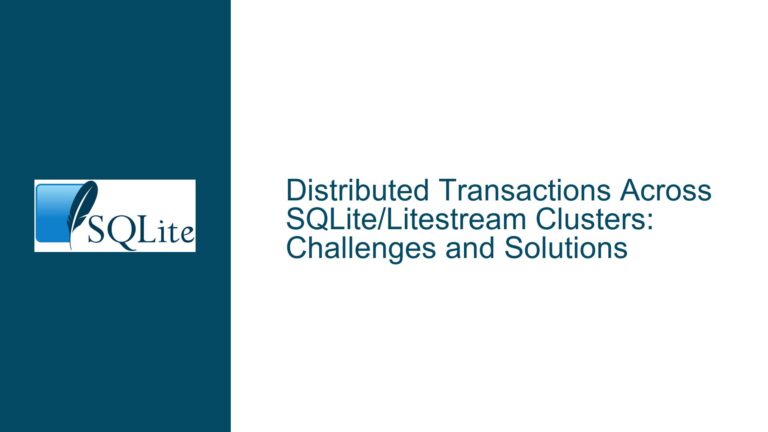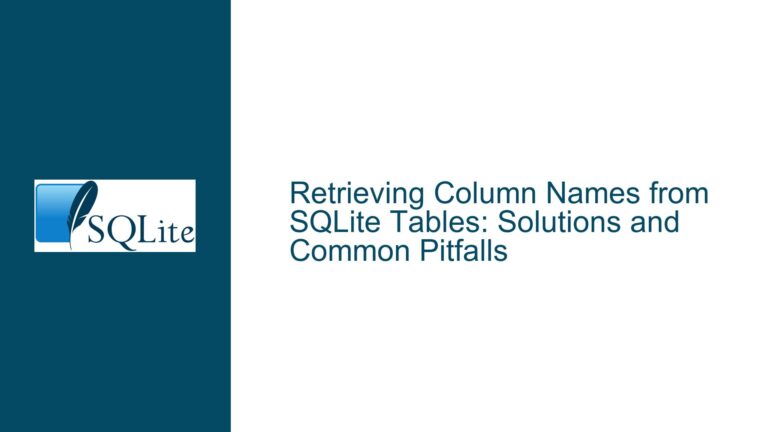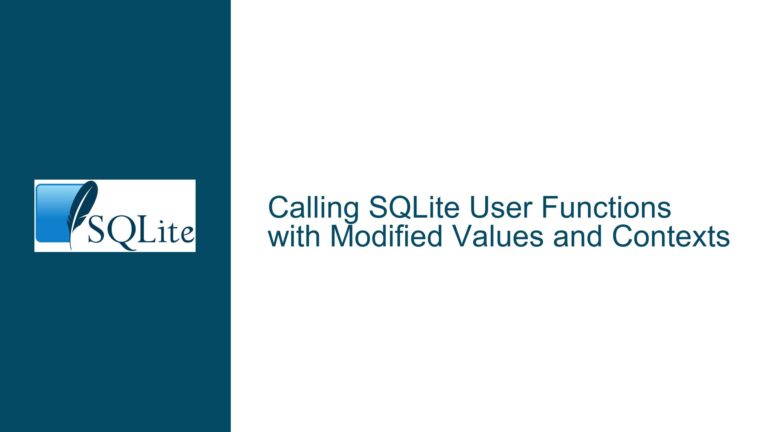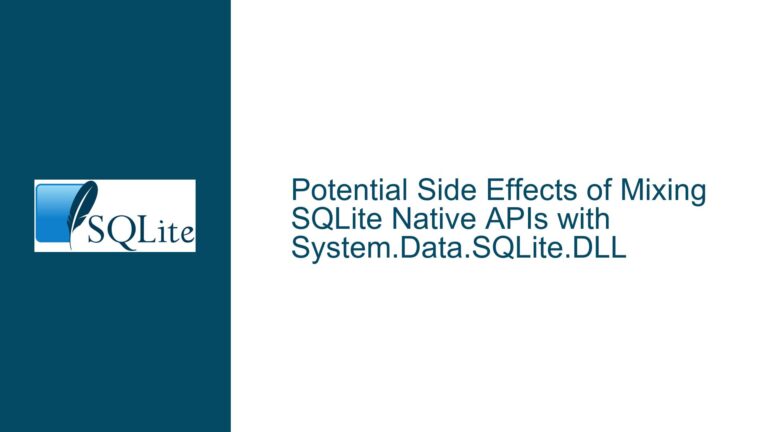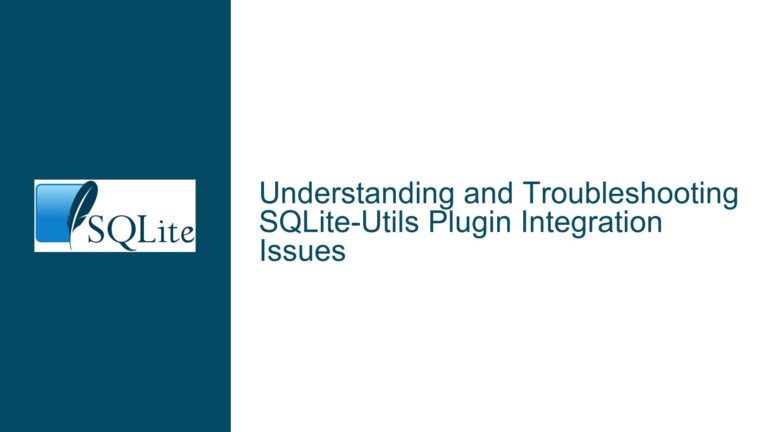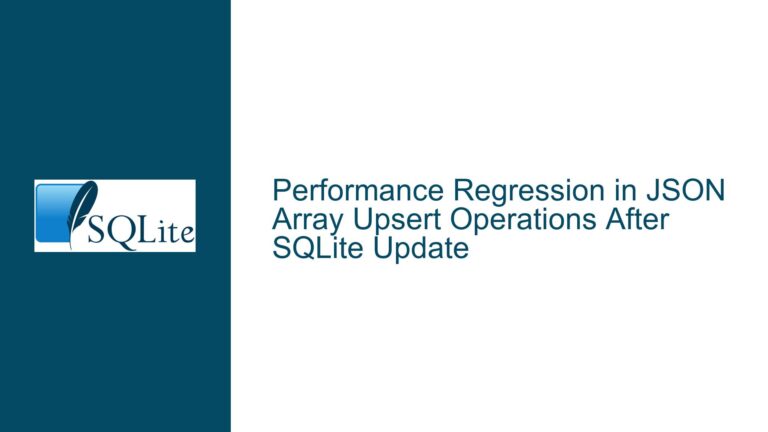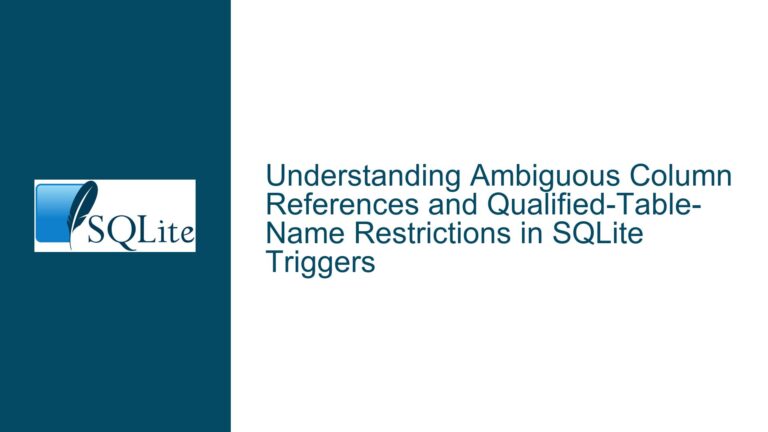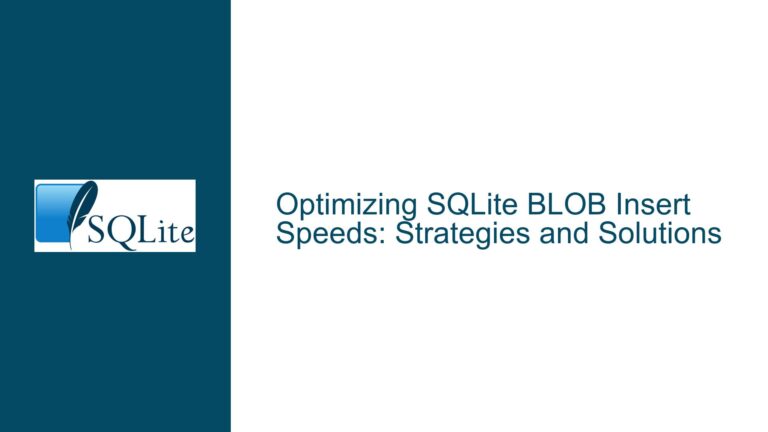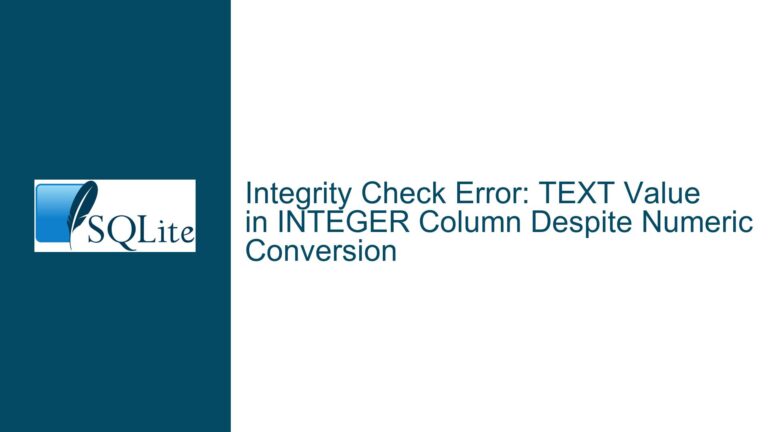Distributed Transactions Across SQLite/Litestream Clusters: Challenges and Solutions
Understanding Distributed Transactions in SQLite with Litestream Replication Distributed transactions are a complex topic in database systems, especially when dealing with lightweight databases like SQLite. SQLite is designed as a serverless, single-file database, which inherently lacks built-in support for distributed transactions. However, with tools like Litestream, which replicates SQLite databases to cloud storage such as…
